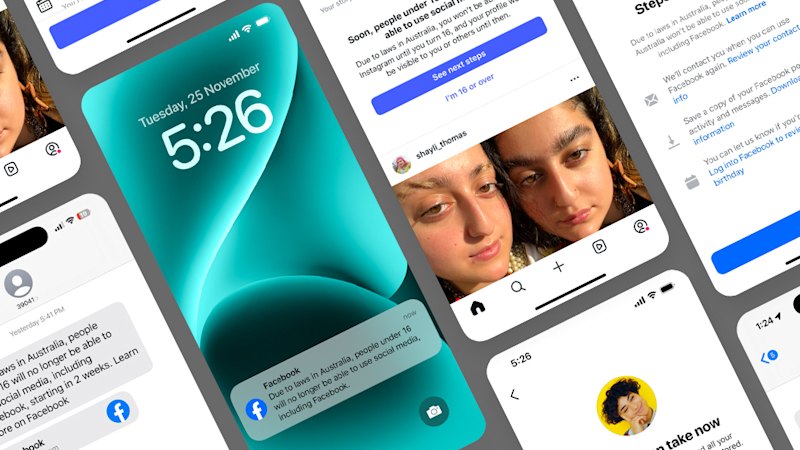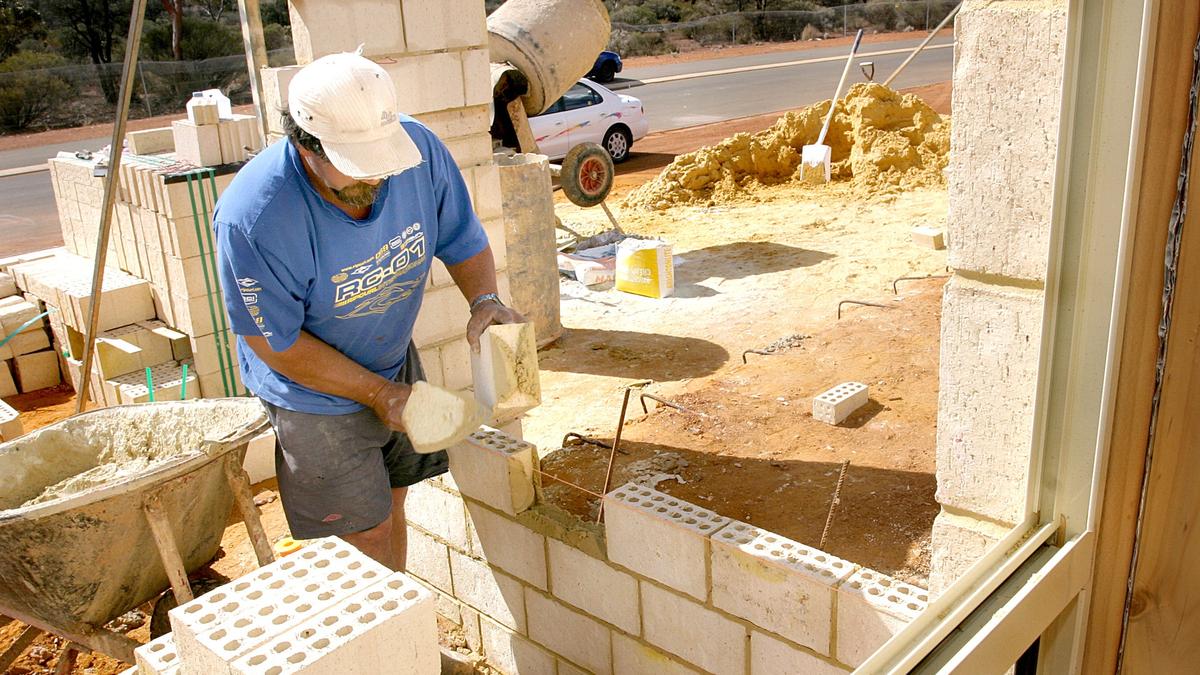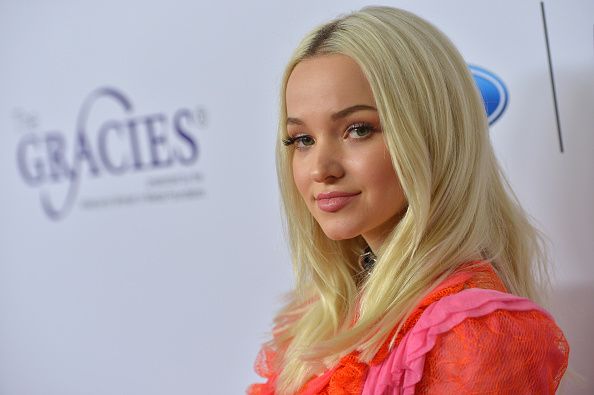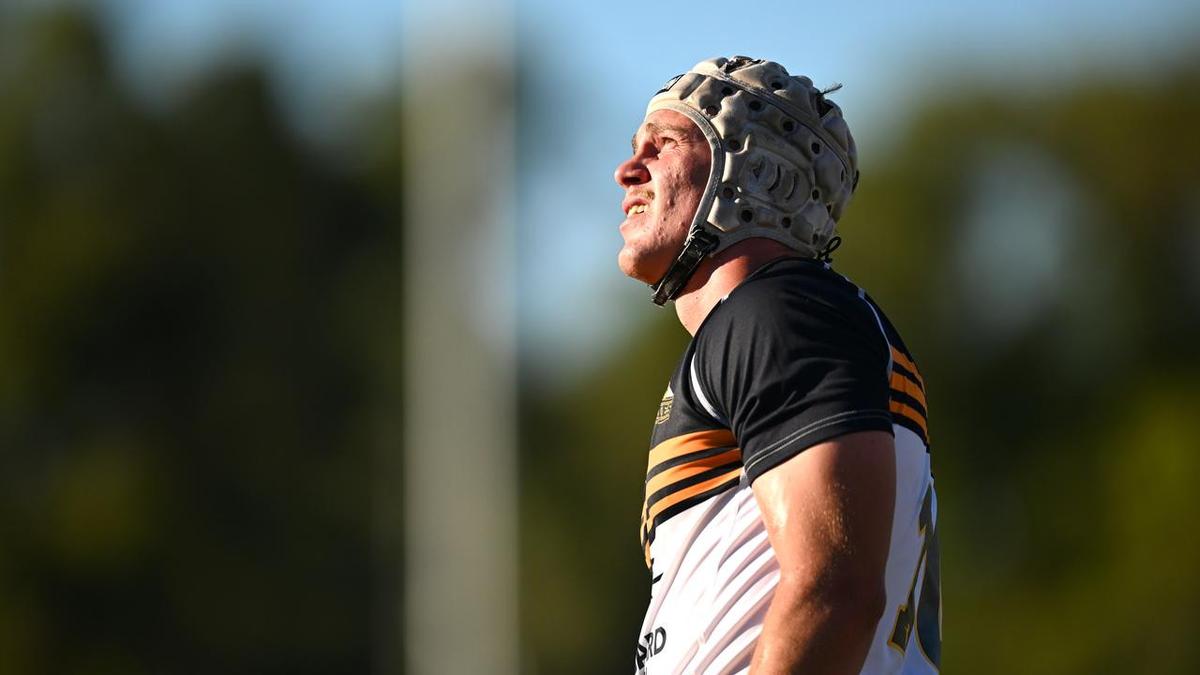
In an unprecedented move, tech giant Meta is set to begin removing the accounts of users aged 13 to 15 from its platforms, including Facebook and Instagram, a week before a new government mandate takes effect. The initiative aims to comply with Australia’s forthcoming social media ban, which requires platforms to remove under-16 users by December 10, 2023. This significant policy shift has sparked discussions about age verification challenges and the implications for young users.
Starting from December 4, Meta will proactively deactivate accounts it suspects belong to underage users. Notifications will be sent to these accounts via in-app messages, SMS, and emails, alerting users of the upcoming changes. The notifications will provide a two-week warning before account removal and encourage users to save any content they wish to keep, such as photos and videos.
The Australian federal government has mandated that platforms, including TikTok, Snapchat, YouTube, X, Reddit, Kick, and Threads, must remove under-16 users by the specified date. The ban has received praise from prominent figures, including Ursula von der Leyen, President of the European Commission, who described it as “plain common sense.” New Zealand is also considering similar legislation.
Meta’s approach involves utilizing age verification services from Yoti. Users deemed underage will need to verify their identity through a “video selfie” or by submitting government identification. In a recent email, Meta acknowledged the existing “shortcomings and significant margin of error” in age verification methods, emphasizing the complexities involved in implementing this novel regulation.
The company’s safety spokesperson, Antigone Davis, highlighted that while they are committed to removing users identified as underage, the compliance process will be ongoing and multifaceted. Davis stated, “While we are working hard to remove all users who we understand to be under the age of 16 by 10 December, compliance with the law will be an ongoing and multi-layered process.”
Researchers from the University of Melbourne and Princeton University have raised concerns about the effectiveness of age verification tools, noting that teens have been able to bypass many security measures, including video verification, simply by using inexpensive novelty masks. This raises questions about the practicality and effectiveness of the verification process.
Opposition communications spokesperson, Melissa McIntosh, expressed skepticism regarding the requirement for digital age verification, stating that Australians are generally resistant to sharing personal identification information. “I’m questioning whether this is going to work,” McIntosh noted, emphasizing concerns about data storage and privacy implications.
A spokesperson for TikTok indicated that the platform would implement a “multi-layered approach” to identify and remove accounts suspected of being owned by underage individuals. As the deadline approaches, the effectiveness of these measures will be closely monitored, raising important discussions about privacy, security, and the protection of young users in the digital landscape.






